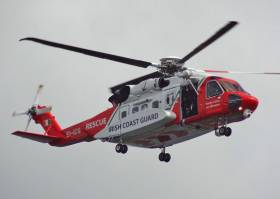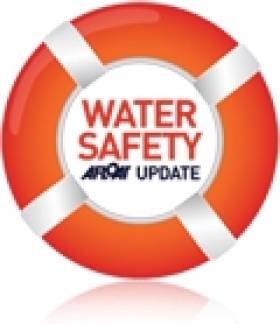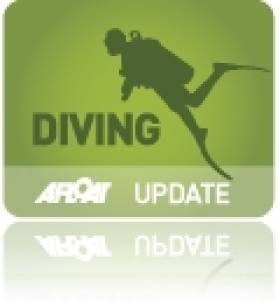Displaying items by tag: quarry
Teen Boys Drown In Ennis Quarry Lake
Two teenage boys have died in hospital after getting into difficulty swimming in a quarry lake in Ennis, as TheJournal.ie reports.
Emergency services were called to the scene at a quarry lake near Ennis, Co Clare at 3.30pm yesterday afternoon (Thursday 31 May).
It’s understood that the casualties were recovered from the water and airlifted to University Hospital Limerick in critical condition.
According to The Irish Times, the deceased have been named locally as Jack Kenneally and Shay Moloney, both aged 15.
Thirty children aged 14 and under have died by drowning in the last decade, according to Irish Water Safety’s recent campaign for vigilance on the water.
Four More Drownings Bring Renewed Water Safety Appeal
#WaterSafety - Four more people have drowned in separate incidents around Ireland as the heatwave continues.
As RTÉ News reports, a 24-year-old man died while swimming in the sea near Ardara in Co Donegal yesterday afternoon (20 July).
Later, the body of a second victim was recovered from the Shrule River in Newtownstewart, Co Tyrone after getting into difficulty.
A third man in his 60s is was drowned after failing to return from a swim in a quarry near Carrick-on-Suir. His body was recovered earlier today.
The tragedies follow news of a 19-year-old who drowned while swimming with friends in Lough Leane in Killarney on Friday evening (19 July).
And a woman in her 30s was lucky to be rescued after getting into difficulty swimming in the River Nore near Kilkenny. She is currently in a serious but stable condition in hospital.
Irish Water Safety have renewed their appeal for the public to take extra care when taking to the water during this extraordinary hot weather that had already claimed seven lives as of Thursday last.
Quarry Divers Airlifted for Treatment
Four divers were airlifted to hospital yesterday after getting into difficulty while exploring a flooded quarry in Portroe, Co Tipperary.
RTÉ News reports that one of the divers, a man in his 20s, was airlifted by the Shannon-based Coast Guard helicopter to Navy headquarters at Haulbowline in Cork, where he was treated in a decompression chamber.
His three companions were taken to Cork University Hospital as a precaution against decompression sickness.
A hospital spokesperson told the Irish Examiner that none of the group is in a serious condition, though all four are being kept under observation.































































